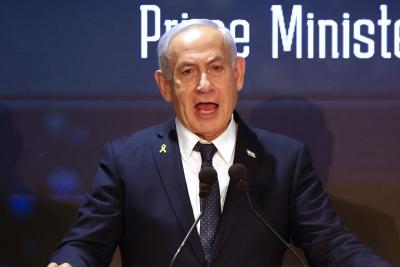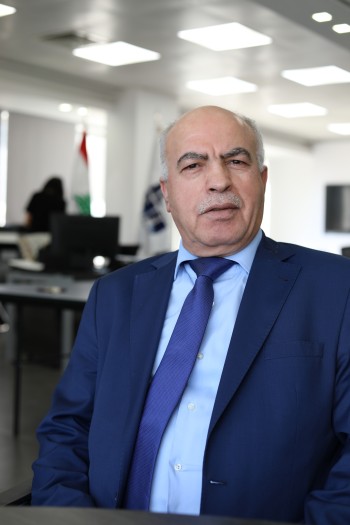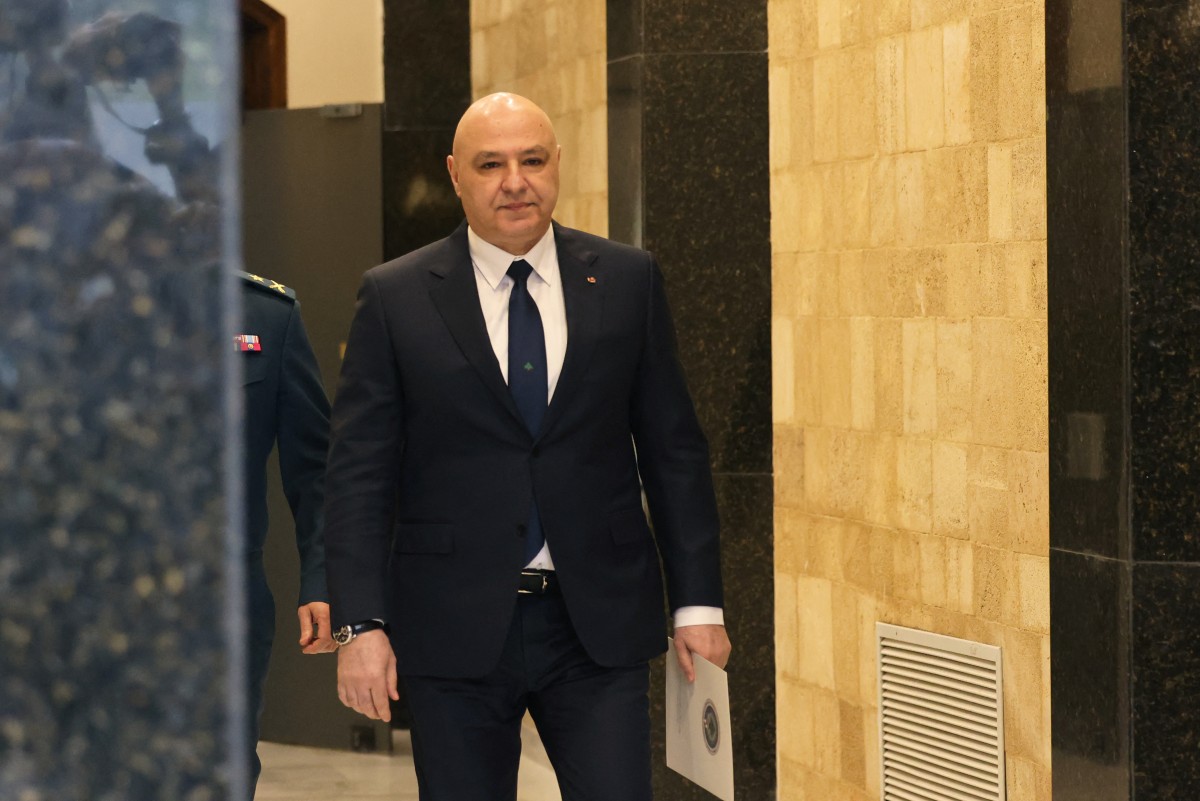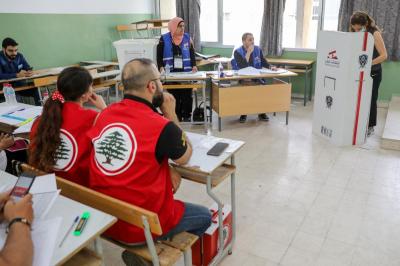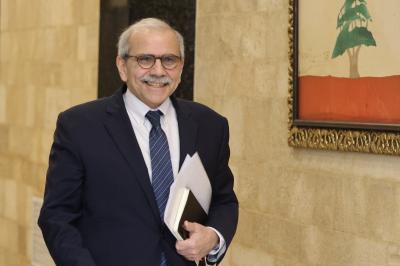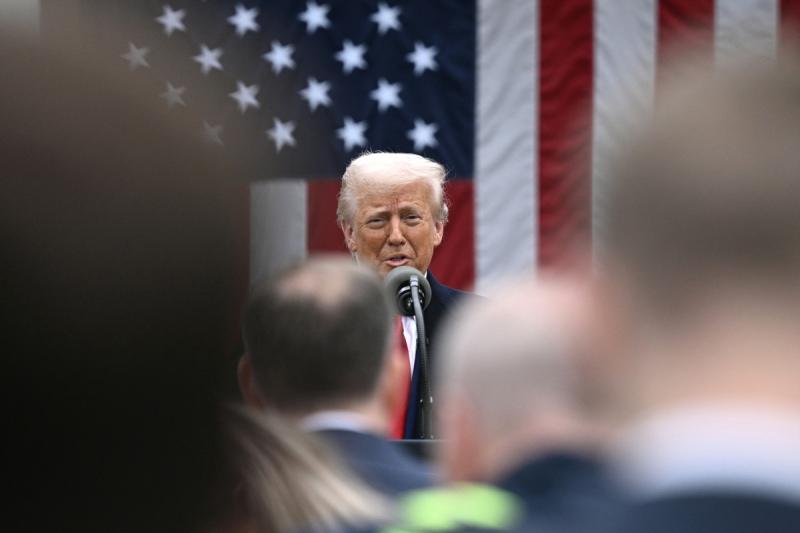The appointment of the new Governor of the Central Bank of Lebanon, Karim Souaid, through a vote in the Cabinet was an unusual event in Lebanese political practice. Since the Taif Agreement, Lebanese governments have grown accustomed to taking decisions by consensus, with voting being a rare exception, typically reserved for constitutionally defined “fundamental matters.” Yet from a procedural and legal standpoint, the vote to appoint Souaid was perfectly normal and should not have triggered political tremors—regardless of the nature of the relationship between the involved authorities.
Those who viewed Souaid’s appointment as “routine” based their opinion on the fact that the process adhered to the Constitution, which the Prime Minister openly vowed to uphold, referring to it as “the Book.” On the other hand, those who saw it as “unusual” grounded their perspective in the political context, framing the appointment as part of a power struggle between the President—who endorsed Souaid—and the Prime Minister, who had proposed former Finance Minister Jihad Azour. The two, however, failed to reach an agreement before the Cabinet session.
The issue, as with many before it, lies in the prevailing political mindset: certain factions treat a democratic vote as a zero-sum game—one side’s victory is the other’s defeat. Thus, some considered the appointment a “win” for the President and a “loss” for the Prime Minister.
This development highlights once again that Lebanon continues to suffer from a chronic “governance crisis,” one that predates the Taif Agreement and resurfaces with every presidential term. The root of this crisis lies in persistent disputes over the delineation of executive powers—especially between the President and the Prime Minister—despite the Constitution’s clear assignment of executive authority to the Cabinet as a collective body, rather than to either figure individually.
The Prime Minister argues that the President has no authority over Cabinet decisions since, according to the Constitution, the President merely presides over Cabinet sessions when he chooses and has no voting power. Yet paradoxically, no government can be formed without the President’s signature on its formation decree, in partnership with the Prime Minister.
Moreover, the Constitution grants the President a unique and elevated role, naming him “Head of State and symbol of national unity, and Commander-in-Chief of the Armed Forces, which are subject to the Cabinet.” This status positions him as the arbiter among institutions and the guardian of national interest, with the authority to correct deviations and confront anything harmful to the nation and its people. This status also demands his neutrality, barring him from engaging as a partisan actor—whether via parliamentary blocs or ministerial factions—lest he forfeit his role as a fair arbiter and expose himself to political attacks.
Back to Souaid’s appointment: he secured the support of two-thirds of Cabinet members (17 out of 24), despite opposition from Prime Minister Nawaf Salam. The vote laid bare the political alignments within the Cabinet, revealing that the President now commands a two-thirds majority—effectively granting him control over the government and the power to dissolve it at will. Meanwhile, the Prime Minister controls a non-obstructive minority.
Interestingly, the coalition that appointed Souaid included ministers from the Lebanese Forces, Amal Movement, Hezbollah, the Kataeb Party, the Progressive Socialist Party, and ministers aligned with the President’s vision. The opposing camp consisted of the Prime Minister, his deputy Tarek Mitri, Culture Minister Ghassan Salameh, Social Affairs Minister Haneen Al-Sayyed, Administrative Development Minister Fadi Makki, Economy Minister Amer Al-Bassat, and Education Minister Rima Karami.
One notable shift was Interior Minister Ahmad Al-Hajjar’s break from Salam’s bloc to vote for Souaid, while Fadi Makki moved from the “Shiite Duo” bloc to join Salam’s camp. If such realignments recur, they could significantly affect future Cabinet dynamics.
Should the government truly commit to “the Book,” the Prime Minister is expected to proceed pragmatically and avoid further confrontations with the President, to preserve what little time his government has left—just 14 months—until the next parliamentary elections in May 2026.
Have we entered a new phase in the relationship between the President and the Prime Minister? Especially if Salam views the recent events as a blow to his inaugural tenure at the helm? Reports suggest that some advisors are urging him to “stand firm and push back” in the name of defending the prerogatives of the premiership and the Cabinet.
Nevertheless, most political circles agree that the process was constitutional. Article 65 of the Constitution stipulates:
“The Cabinet meets regularly at a designated venue. The President presides over sessions when attending. A quorum requires two-thirds of its members. Decisions are made by consensus; if that fails, by majority vote of those present. Fundamental matters require approval by two-thirds of the full Cabinet as per its formation decree. These matters include: constitutional amendments, declaring or lifting a state of emergency, war and peace, general mobilization, international treaties and agreements, the state budget, comprehensive and long-term development plans, appointments to senior positions, revisions of administrative divisions, dissolution of Parliament, the electoral law, nationality law, personal status laws, and dismissal of ministers.”
Some now believe that the vote to appoint a Central Bank Governor might mark the first step toward building a state governed by institutions—one that the Taif Agreement envisioned. It could be a departure from the "consensus rule" that Lebanon’s political class has long distorted into a system for dividing up power and influence, instead of one meant to unify citizens under justice and equality, sparing them repeated descent into conflict and crisis.
 French
French




